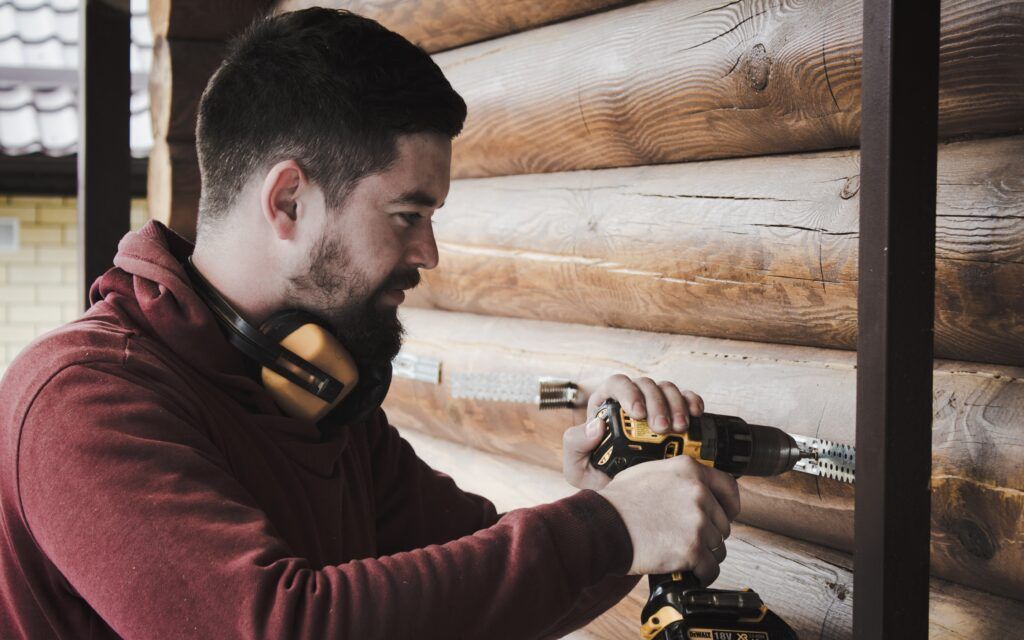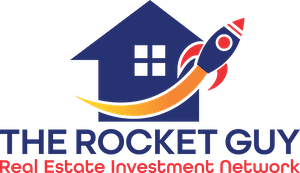Outsourcing vs. DIY How to be Efficient

Passive income should be the end game as a real estate investor, but it takes a while to get there.
In the meantime, you will need to invest both money and time (and possibly physical energy) upfront.
But what if you’re limited in both of these resources? Most people don’t have unlimited time or money when they start investing in real estate.
The key is to be as efficient as possible.
And being efficient means knowing your strengths .
For example, when I started out as a real estate investor, I did my best to save money by doing all the maintenance work myself. (As much as I could handle, anyway). This included all the plumbing.
I am not shy about confessing that I am a terrible plumber. I soon discovered this while working on the plumbing issues of my various properties.
It usually took hours, or even the entire day for me to get a certain plumbing task accomplished. I may have saved money by not outsourcing a plumber, but I also lost money by spending all my time working on that plumbing project — time that I could have spent more efficiently in other ways.
For example, I could have instead used that time to talk more with my realtor-broker and other colleagues and mentors, learning about how to find better value properties to purchase that maybe didn’t have quite as serious plumbing issues (or other structural problems).
If I had done that, I would have been investing in my education and in my strengths (self-education and networking), which would have led to a more efficient outcome overall.
It’s okay to do some of your own maintenance in the beginning. In fact, unless you are already blessed with an impressive financial portfolio, you will probably need to do some of your own maintenance work (as well as busywork).
What I recommend doing when you start out is two things:
- Create a vision for yourself
- Identify your strengths
Here’s an example of what your vision might be:
“I want to have a team that includes at least maintenance contractors in one year’s time. By that point in time I want to only be doing less-specialized maintenance work, like knocking down old walls. Or paint jobs.”
Having a vision (or a goal) gives you a timeframe, and motivates you to then figure out a solution.
How are you going to make sure you can afford and manage three new contractor’s within a year’s time? That’s where your strengths come in.
Here’s an example of what your strengths might be:
“I am really good at searching the Internet and finding the best people and the best value possible. I am good with search filters and knowing what to look for. I’m also really good at people skills, and emailing and calling lots of people in a short amount of time.”
Having this vision and list of your own strengths in front of you, it should now be much easier for you to come up with a strategy.
You will probably realize that instead of doing specialized maintenance tasks yourself, you can start outsourcing these tasks, one at a time, to a contractor. You will be able to afford it because you have the skill of being able to network and find people who can do a good job at a great value. You may have to invest a little more money at the very beginning, but if it’s a good value, you will save far more money over time.
Focusing on your strengths also brings meaning to your experience as a real estate investor. Too many people get burned out and overwhelmed trying to do everything at once, and trying to do too much right away. Or from simply having unrealistic expectations.
In the beginning you don’t need to know everything. You just need to know some basics. What matters is that you have a vision and a strategy. And the common sense to know what your strengths are, what you enjoy doing, and how that translates into being as efficient as possible.
One final important thing: mistakes (including lack of efficiency) are also a part of the learning process! Have realistic expectations and a resolve to keep learning, and I can all but guarantee that you will succeed in the long run.



